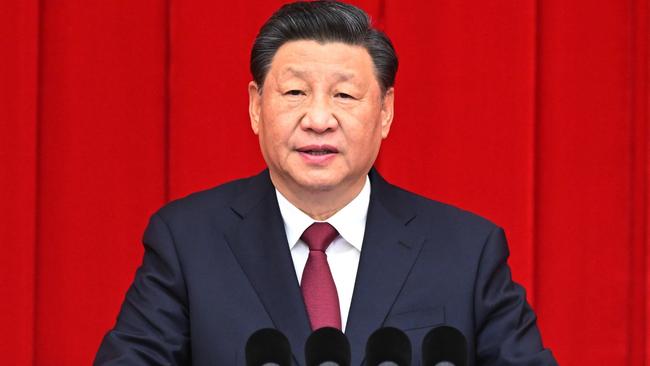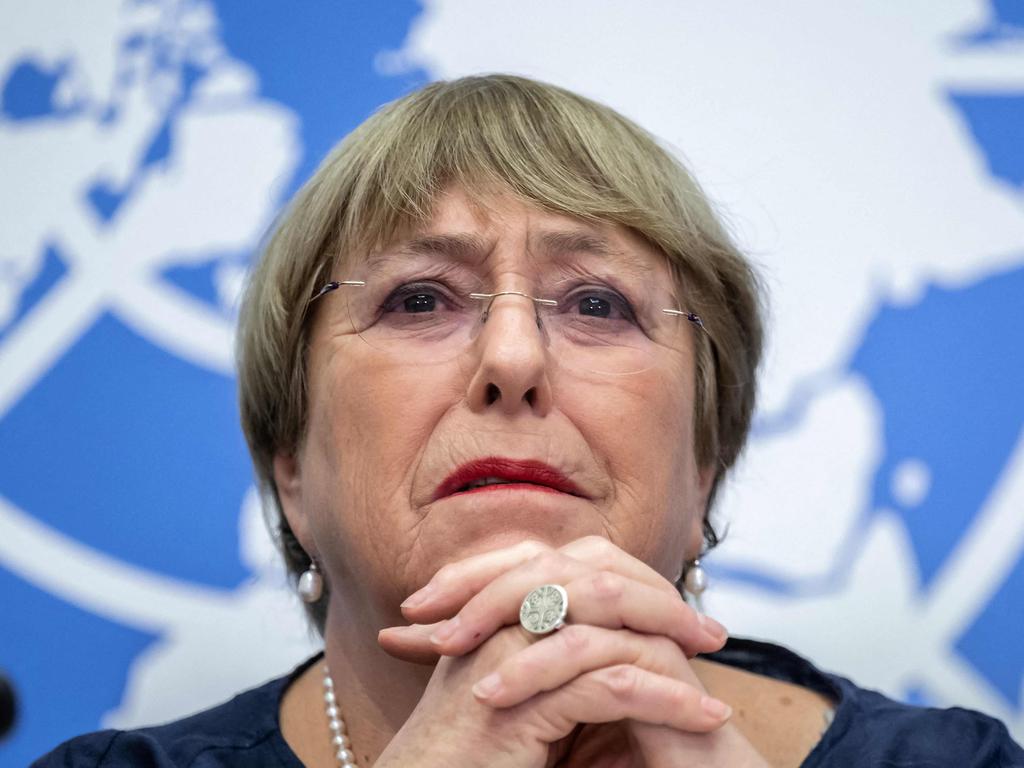China coy after Anthony Albanese suggests first meeting with Xi Jinping in Bali at G20
China’s Foreign Ministry says Australia must create a ‘favourable atmosphere’ before any proposed G20 meeting.

Beijing has responded coyly to Prime Minister Anthony Albanese’s offer to meet with China’s leader Xi Jinping at the upcoming G20 conference in Bali.
A Chinese Foreign Ministry spokeswoman said she had “no information” on the introductory meeting, which if arranged would take place on the sidelines of a summit of G20 leaders’ in Bali in mid November.
“China values its relations with Australia and is ready to work with Australia to steadily advance bilateral relations along the track of comprehensive strategic partnership,” said spokeswoman Mao Ning when asked about the possible meeting at a press conference in Beijing on Wednesday evening.
“As for the specific question you mentioned, I have no information to offer,” she said.
The Xi government spokeswoman’s comments were the first by Beijing since Australia’s Prime Minister said he would “welcome” a sideline meeting with China’s President at the G20 leaders’ gathering in Bali.
Leader level meetings have always been important in setting the tone for relations with China’s intensely hierarchical Communist Party rulers. That has only increased as Mr Xi has centralised power to an extent unknown in China since the Mao era.
Xi’s top envoy in Australia this week said Canberra would need to help create a “favourable atmosphere” for a leaders’ meeting to take place.
“I think for the top leaders of two countries to meet, we have to make sure that it is going to be a constructive one instead of a destructive one,” said China’s Ambassador to Australia Xiao Qian in an interview with the ABC.
“What I would like to see is we have some favourable atmosphere to be created and … when there is really a wish and will from both sides, I would love to see a top level meeting between our two countries,” said Mr Xiao.
Beijing froze all ministerial contact with the Morrison government in April 2020, escalating the “no-speakies” approach it had earlier used on the Howard government in 1996, the Rudd government in 2008 and the Turnbull government in 2017
Ahead of Australia’s election in May, China’s propaganda machine was open about its preference for a change of government. Beijing has since been similarly open about its disappointment the Albanese government’s behaviour in office.
On Thursday, the China Daily — Beijing’s most authoritative English language masthead — denounced Foreign Minister Penny Wong’s offer to fund Solomon Islands’ next election.
“Ever since the Solomon Islands signed a landmark security pact with China in April, Canberra has staged intense diplomacy, trying to throw mud at its co-operation with China,” the party state masthead wrote in an editorial.
“The election funding spat should serve as a lesson for Canberra that it is high time its interactions with its island neighbours were based on mutual respect … rather than deeming them to be chess pieces in its geopolitical competition playbook,” the China Daily instructed.
In a further sign of how distant a “favourable atmosphere” is in Australia-China relations, Mr Albanese on Wednesday said it was years past time detained Australian Cheng Lei was allowed to see her two children.
“Cheng Lei should have access to her family ... There’s been no transparency in any of these processes at all. And the Chinese government needs to do better,” Mr Albanese said.
Ms Cheng, a television journalist and mother of two, was thrown into a Beijing prison cell more than two years ago without charge. She still hasn’t been sentenced.
The discussion about a potential meeting between the Australian and Chinese leaders comes as President Xi prepares to meet his Russian counterpart Vladimir Putin at a China-backed security meeting in Uzbekistan.
Mr Xi will next week travel to Kazakhstan before visiting neighbouring Uzbekistan to meet Mr Putin and a group of Central Asian leaders, marking his return to the international stage after a 970-day long period of isolation behind China’s borders.








To join the conversation, please log in. Don't have an account? Register
Join the conversation, you are commenting as Logout